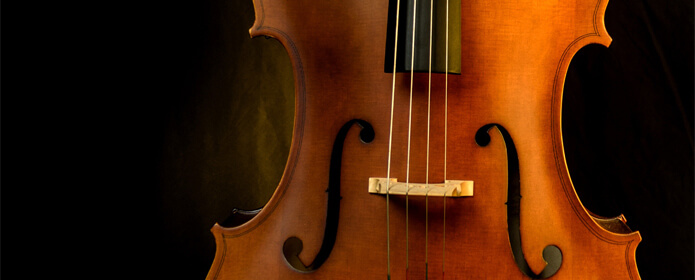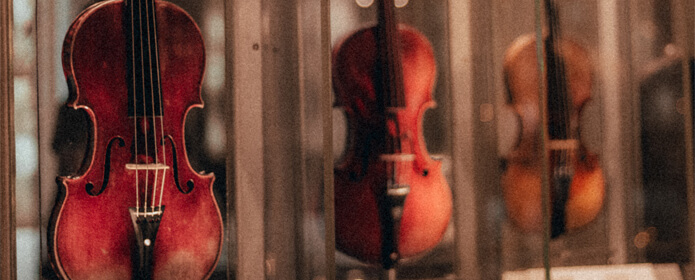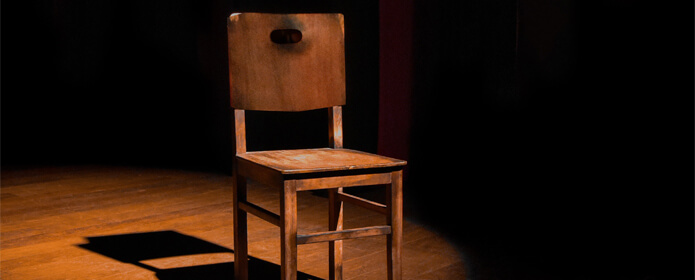
What Is A Cello Lesson Like?
A cello lesson should consist of segments which focuses on different aspects of developing the art of cello playing.
More to come….

A cello lesson should consist of segments which focuses on different aspects of developing the art of cello playing.
More to come….

This is also a very common question asked by students or parents.The short answer is.. find the *best* instrument for you based on a certain budget.
However there are 3 main considerations:
– Resale Value? If so, it is better to invest in something that is of better quality and workmanship. A cello of such quality will withstand the test of time and appreciate through time even if the appreciation is just through the following: current value = initial purchase price + inflation + personal premium (more on that in another future article)
– Playability. This is very common sense but exceedingly difficult for a newbie beginner to ascertain. Therefore, it is very important to have someone around (a teacher or more experienced player) to test the instrument. There are many factors that affect playability but that in itself is already another area of knowledge.
– Quality of Sound. The sound tag is somewhat tied to the price tag. But a huge disclaimer: it is entirely possible to get a very decent sounding cello that is beyond their price tag. Setup plays a huge role in this as well. But generally, a more focused sounding cello will aid in learning. Why is this so?
This is because a musician is training his or her listening and aural perception and a clear pitch will aid in building intonation accuracy. This aspect is often very under-appreciated and under-valued in choosing a starting cello.There are much more intricacies involved but these 3 should get you thinking on the right track, either for yourself or for your child.

I am not going to do any self promotion for this. After experiencing and knowing so many music teachers and educators over the years, I can safely say that these are some of the characteristics of a cello or music teacher that you may find useful:
Inspiration: A good teacher must inspire confidence and aspiration beyond the grind of learning for the child. Learning the instrument is already difficult enough and every child has triggers which enables him or her to *want* to grind through the hours of practices. It is the duty of the teacher to discover that of his or her students.
Perspiration: A good teacher should be able to structure a viable learning and practice plan and keep the student accountable to the plan. The reality is that at the end of the day, 90% of the improvement will come from the student’s personal practice and it is foolhardy to think that just the weekly lessons is sufficient to ensure progress.
Reflection: A teacher should be reflective of his or her teaching approach and make adjustments to his or her teaching practice continuously. This involves continuous learning and humility that he or she does not necessary have the best solution all the time. There are always a better way to teach a certain concept.
Clarity: A teacher should be able to explain concepts of technique in an easy to understand manner. Just saying ‘louder’, ‘faster’ or the strangely interesting ”more music!!! more music!!!” to the student without explaining how that can be achieved is ineffective.
Ability: A teacher should have the ability to play the instrument well. But if you take a look around, the best players do not necessary have a coach that is the best in his or her prime. What does that say about teaching and abilities? It only shows that the ability of the teacher is not necessarily equivalent to the teaching ability. Teaching in itself possesses a very different set of gifts and talents. If that is not the case, we should all engage math professors to teach our kids mathematics in our schools.
Finally, the good teacher MUST have this ONE thing…. the HEART to teach. It is the main driver and engine of all the characteristics which I have talked about in the preceding points.

Is My Child/Son/Daughter/{Fill in the blank} Ready to Pick Up Cello?
This is probably one of the most often question asked by any discerning parent. It is one of the MAJOR questions for me even as I watch my kids grow up.After so many years, there are some signs (not exhaustive of course) which your child may exhibit which may tell you that “I am Ready”.
String instruction requires a basic minimum attention span for it to be meaningful for both parent, child and teacher. At the very least, a child should be able to hold attention for 3-6 minutes at a time because, that is the minimum that is required for some instruction to be given and for the child to respond.
I have seen children who will not last more than 10 seconds without fidgeting and wants to roll on the floor.You have brought your child to concerts and performances and he or she is exposed to music that is performed by the instrument. Your child may show interest in how the sound of the violin or cello is produced.
Curiosity is a very powerful instrument for a young child. Use it wisely.Generally speaking, a child who had been initial exposure to some basic singing, music appreciation, keyboard foundation program will take to a string instrument more easily and there is “less friction”.It helps a lot that the parents also share the similar interest in the instrument. Not a must by any means, but it may not be helpful to shove a child into learning something just because it is good to have, for peer pressure from other parents. But that being said, a child may not know that he will like the instrument UNTIL he try. I know…. because I was once that child. Every child is different.